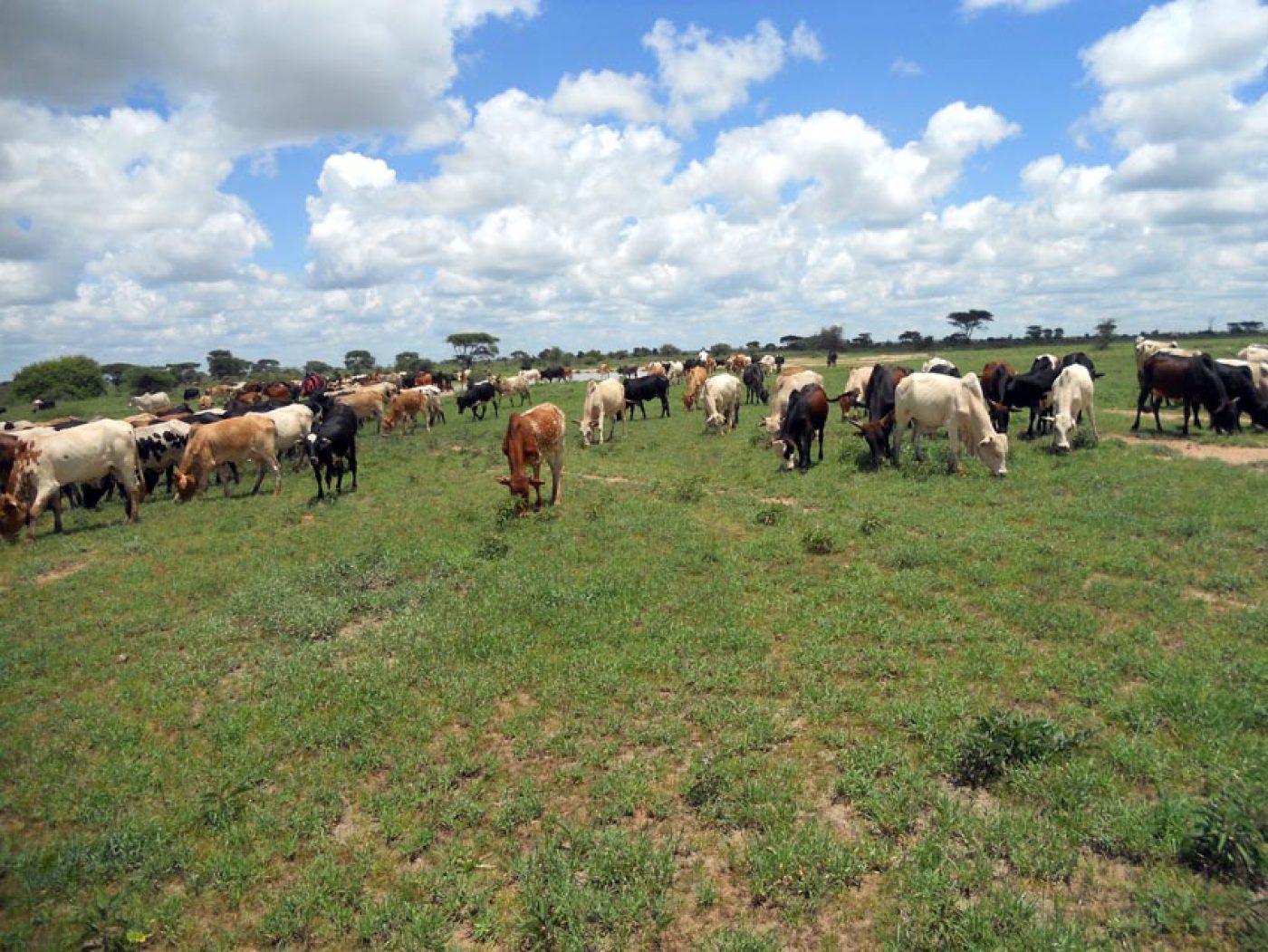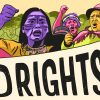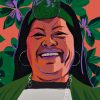A view from Tanzania by Paine Mako*
There is a strong belief among Indigenous Peoples that land is a communal property that everyone should have a right to access, use and manage. As a result, land is left open for everyone to access and use together in a sustainable manner. For us, land is life and a sacred resource that one needs to have to survive on this planet earth.
However, for other communities, and especially for the powerful individuals in society, an open land is up for grab. Therefore, without secure rights, the existence of pastoralist Indigenous Peoples and local communities is threatened.
Pastoralists in harmony with nature
Pastoralists are stewards and custodians of grasslands, mountain ranges, meadows, rangelands, cold areas and dry lands. They are a community of livestock keepers on natural pastures whose livelihoods are interconnected with their environment and their livestock’s mobility. Pastoralists use resources such as forests, water bodies and pastures as a common resource.
For pastoralist livestock is a livelihood. They move from one place to the other in search of pastures and water. Their mobile lifestyle is natural because they inhibit semi-arid rangelands that can only hold water and pasture on a seasonal basis and it is this movement that allow grass to rejuvenate. From time immemorial pastoralists have co-existed with wildlife because they do not eat wild animals.
Using their traditional knowledge and experience, pastoralists are able to constantly adapt to changes in their environment – including climate change which today is increasingly putting a strain on natural resources. Securing pastoralists’ land rights is therefore a key solution to the climate crisis as it will enable them to sustainably manage vast tracts of pastures.
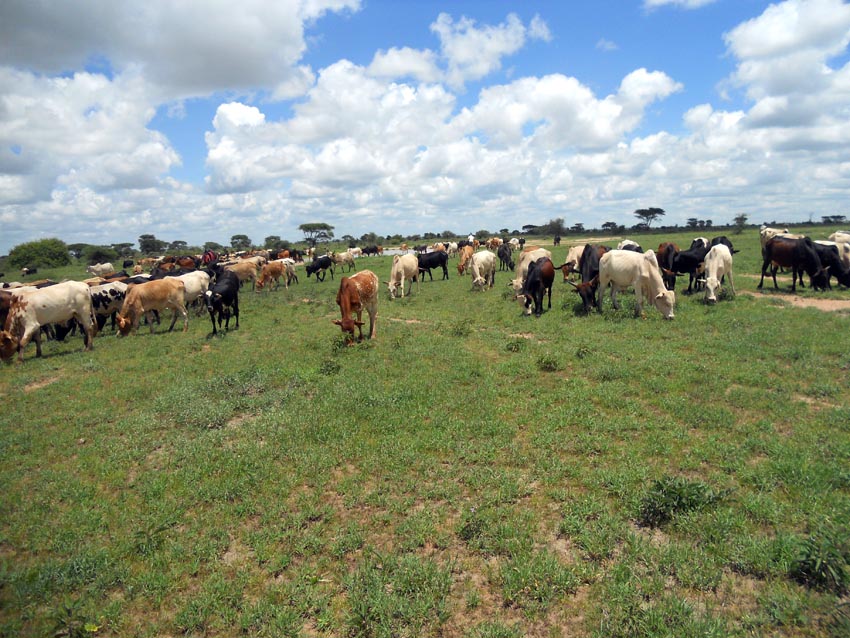
Nature for Livestock and Livestock for Nature
Secure land rights and sustainable development
Currently, Tanzania, has more than 22 million livestock, of which at least 95% are indigenous livestock kept under traditional pastoralism model. At least 70% of Tanzanians earn their living through agro-pastoralism whereby around 40% of them entirely practices indigenous pastoralism.
The Ujamaa Community Resource Team (UCRT) seeks to improve the lives of pastoralist, agro-pastoralist, and hunter-gatherer communities in northern Tanzania by empowering them to sustainably manage and benefit from natural resources on which their livelihoods depend. Through supporting land use planning and strengthening local natural resource governance institutions that enable collective decision-making we envision a world where pastoralists can secure their land rights and achieve sustainable development.
UCRT engage in advocacy using national policies and laws in Tanzania which provide for and protect land rights. We also engage with the government of Tanzania to ensure they adhere to international binding and non-binding instruments which the country has signed.
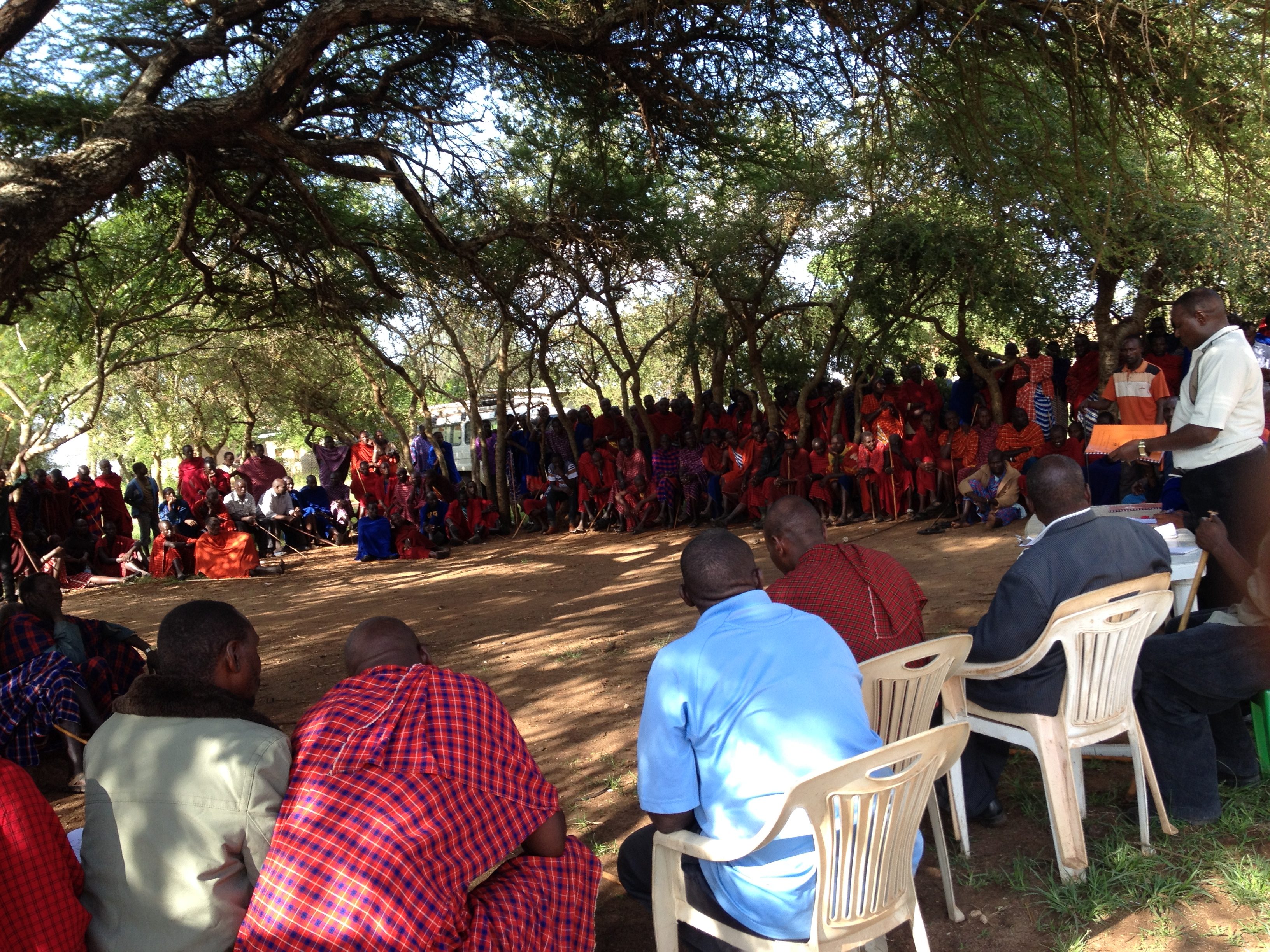
Community gathering discussing land security
The impact of COVID-19 Pandemic on securing pastoralist land rights
When COVID-19 was first announced, fear reigned over the land, and communities turned back to nature for solutions. Thanks God, to date there is no significant loss of lives among the pastoralists in the northern Tanzania. Nonetheless, the close of markets used to sell livestock increase stress and poverty among pastoral communities.
As a grassroot organizations, UCRT is facing numerous challenges brought by the pandemic. Covid-19 changed our normal way of working and functioning as organizations working for pastoralists interests. No community planning meetings, organizing of community advocacy strategies could take place and this affected engagement on decisions that affect their land and future. They had to reorganize, replan and adjust everything to cope with the new conditions
Building back better
The pandemic has given us a number of lessons including the importance of protecting pastoralists land and other resources surrounding them. When lockdowns shut the door for pastoralists to receive services and income from outside communities through tourism and business, it is the land and natural resources which sustained them. Now more than ever, pastoralist see the importance of securing their land for the current and future generation.
TAKE ACTION
From 2-9 December Land Rights Now and organizations worldwide will come together to raise awareness of how securing land rights for Indigenous Peoples and local communities are key to preventing pandemics.
* Paine Mako is the executive director for Ujamaa Community Resource Team in (UCRT). Her organization works with pastoralist, agro-pastoralist, and hunter-gatherer communities in northern Tanzania by empowering them to sustainably manage and benefit from the natural resources on which their livelihoods depend. UCRT believes that empowering these communities is a fundamental step towards a just and sustainable society.
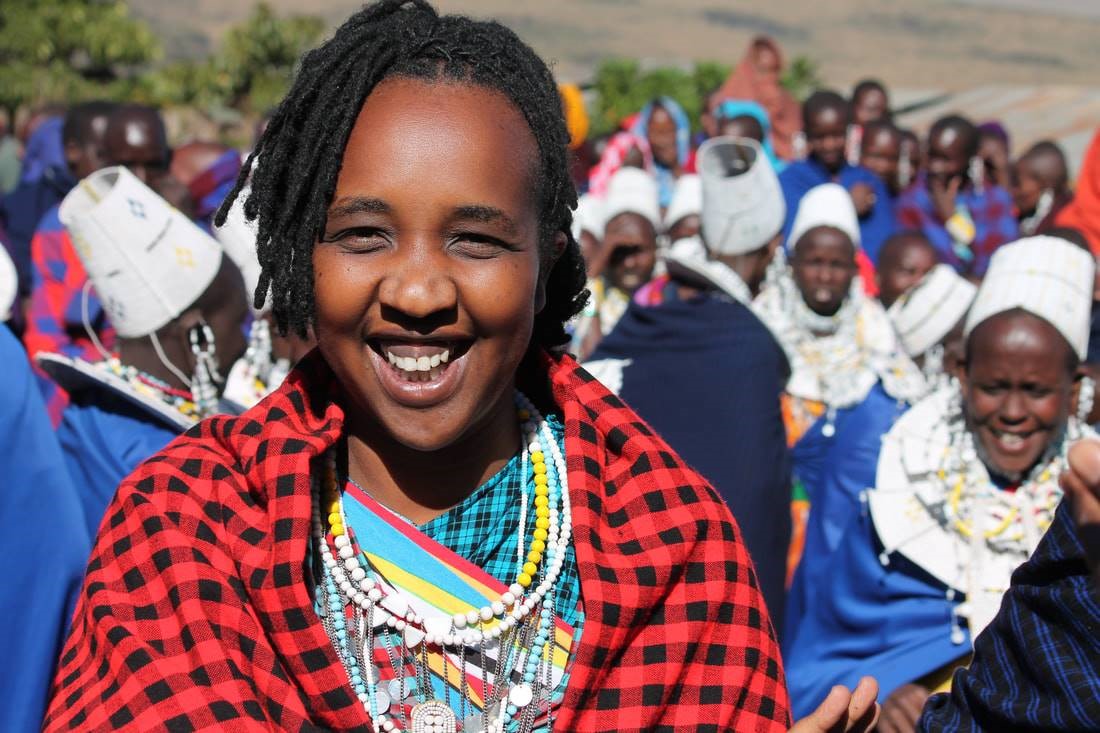
Paine Mako, executive director for Ujamaa Community Resource Team in (UCRT)
